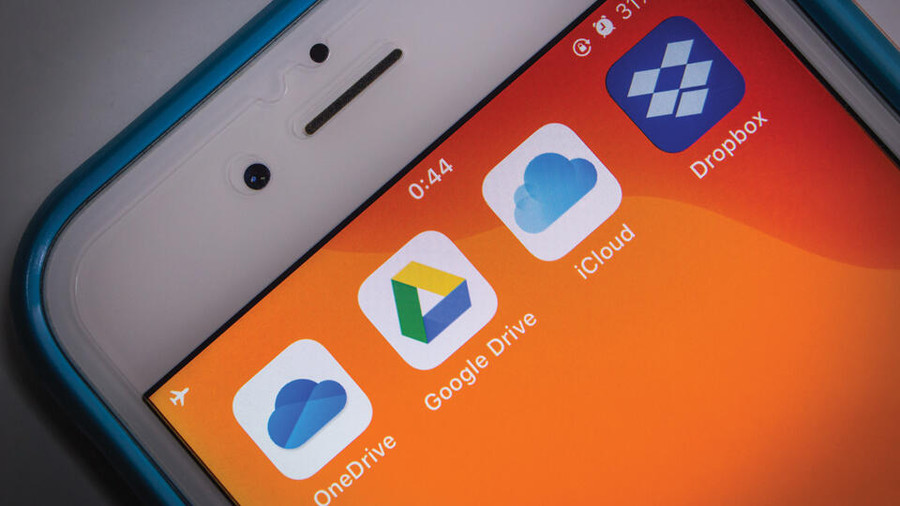Protecting your content is all about protecting your most valuable assets. When you’re putting your hard work out there for people to see, the thought of someone stealing it is a scary notion. Fortunately, there are plenty of quick, safe and easy options for keeping your content from being pirated.
Taking a combination of safety measures is always your best bet, because no matter how smart or how careful you are, no one method is 100 percent fail-safe and no one is immune to scams and hacks. Hackers are a savvy bunch, and with stricter security measures being rolled out all the time, they’re only getting more creative.
As fast as developers come up with ways to protect content, pirates are working on a new scheme to hack it.
And when it comes to your content, you can never be too careful, and an ounce of prevention now can help save you a big headache later on. Luckily, there are some simple and effective steps you can take to ensure that the valuable content you spent your time and energy on is safe and protected. It’s up to you to make sure that your content is only there to make you money.
Let’s check out four easy measures you can take to protect yourself from leaks and hackers, so you can be sure that your content won’t show up anywhere you don’t want it to.
Invest in DMCA Protection
Just like you wouldn’t drive a car without insurance, you should never post your content online without protection. Digital Millennium Copyright Act (or DMCA) protection is easy to get and worth its weight in gold. Here’s how it works: DMCA services scan the web for unauthorized uses of your content. You can also provide them with links if you find your content anywhere it shouldn’t be. Your DMCA service provider will then submit a takedown notice on your behalf to have the content removed quickly.
Think of it as having a constant set of eyes on the web to monitor the most risky sites for stolen content and ensuring that you don’t end up there. The sooner it’s noticed, the sooner they can have it taken down.
Watermark It
Watermarking should be a given when you post content online. As we all know, the internet is huge, and while watermarking won’t protect your content from being stolen or screen-recorded, it will mark it as yours, which will help direct traffic from wherever your stolen content was posted back to you.
Consider this: Someone takes a screen recording of your content and posts it on a tube or torrent site. Users view the content there, and when they do, they see your watermark splashed across it (pro-tip: your watermark should be, or at least include, the URL to your page or domain name). Now, odds are good that at least some portion of those stolen views will type in your URL to check out more of what you have to offer. Voila! Traffic is redirected away from the stolen goods and back to your site where it belongs.
Watermarking is simple to do, and there are many apps that can help you create a custom watermark for your content quickly and easily.
Don't Take a Chance on Dropbox or Google Drive
A lot of models and influencers use Dropbox and Google Drive as a means of sharing content with fans. And while these options are tempting because they’re so easy to use, they’re also extremely high-risk when it comes to the possibility of having your content leaked. Hackers are constantly finding new ways to steal. As fast as developers come up with ways to protect content, pirates are working on a new scheme to hack it. But the sad truth is, if you sell “folder access” on Dropbox or Google Drive, you are essentially handing users an easy way to bulk-download all your content. All the more reason it should be watermarked and DMCA protected!
Use a Platform
Going it alone is extra-risky when it comes to posting your most valuable assets. Use a platform that allows you to store and share your content with users who pay a fee to access it, such as FanCentro, where you can have a premium social media, post new content to a feed and sell individual clips right on your page. There is also the perk of having your content attached to a name, which can make fans feel better about purchasing it. Having your own page also helps you diversify and sell your content any way you choose. At the end of the day, your content is your livelihood, which means it’s in your best interest to protect it in any way you can. You can make sure that your content is out there working for you and not against you by setting up some simple safety nets to catch you if you should happen to fall.
Brooke Powell is the Community Manager at FanCentro, a premium social media network for influencers, models and adult stars.









